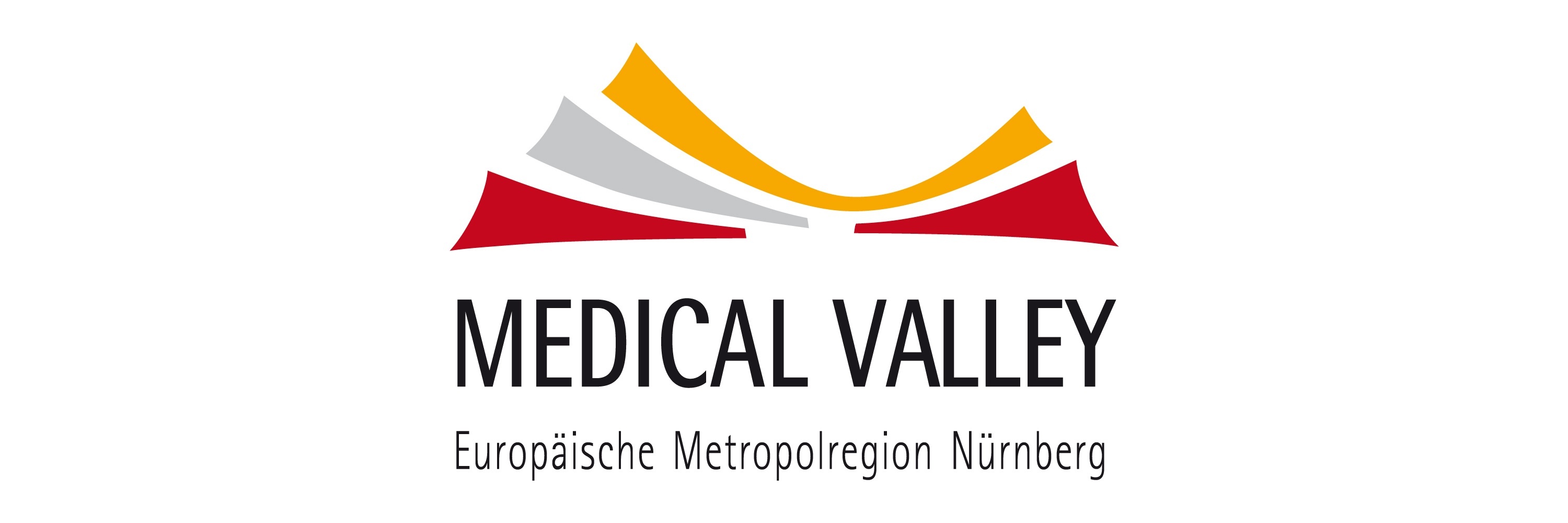
Close collaboration between young startups, established corporations and academic research fosters innovation. Silicon Valley has to thank this idea for its position as the world’s technological epicenter. In consequence, plenty of countries have been attempting to recreate the winning mix of entrepreneurs, scientists and corporates, with varying degrees of success.
Germany has a long tradition of successful collaborations between business and science. This is especially true for Bavaria: It is home to Germany’s best universities – i.e., the Technical University of Munich and the Ludwig-Maximilian-University. Due to, inter alia, their excellent graduates and research, a multitude of local corporations are capable of creating innovative products and services. Those include BMW, Siemens, Allianz, Adidas, just to name a few.
However, the new Age of Digital startup culture is comparatively new to Germany. Of course, it has always been a country of founders and entrepreneurs. Indeed, the countless local enterprises are world-famous for consistently reliable quality, deep regional roots and gradual growth. Yet, the idea that a new-founded company can reach a 2 billion dollar evaluation within less than three years is somewhat dodgy to Germans. For this reason, Bavaria has long been leading the efforts to establish a very own, national startup and digitization culture. By building a startup ecosystem while upholding German strengths (decentralization, due diligence), Bavaria combines the best of both worlds.
Last year, the Federal German Government hopped on the bandwagon by launching its Digital Hub Initiative. Through this initiative, Europe’s largest state and most powerful economy aims to connect and coordinate Digital Hubs throughout Germany. It largely resembles the Bavarian ZD.B’s successful attempts at creating connected regional centers of digitization expertise. When the Federal initiative launched, Munich, as the German center for mobility, was declared one of the five original Hubs.
Today, the German Federal Ministry for Economic Affairs and Energy has announced the addition of seven new hubs, bringing the total to its final number of 12. Most noteworthy among the additions is the European Metropolitan Region Nuremberg (EMN). It is home to 3.5 million people, 10 universities and the Medical Valley, Europe’s leading cluster in medical engineering. Accordingly, the EMN was awarded the status of Germany’s new hub for E-Health.
Given the Medical Valley’s history of continuous collaboration for extraordinary results, the choice makes sense. The cluster connects key players from business, science, healthcare and politics to pool resources and create synergies. Consequently, this practice has enabled the region to become one of the main sources for global health market solutions. Most of all, 3% of the world’s medical devices are produced in Bavaria. Moreover, the EMN has devised global partnerships which attract innovative technologies and HR from around the world.
Currently, the Medical Valley EMN focuses primarily on the sectors listed below. Find out more about the Medical Valley EMN on their website.
Considering expanding your business into Europe? We offer comprehensive information, valuable connections, and tailored support for your growth initiatives. Our cross-cultural teams in the U.S. and Bavaria are eager to assist you. Best of all, our services are confidential and provided at no cost.

80 Pine Street, 24th Floor, New York, NY 10005
195 Church St., Fl 7, New Haven, CT 06510
1 Broadway, CIC, Fl 14, Cambridge, MA 02142
+1 212-317-0588
